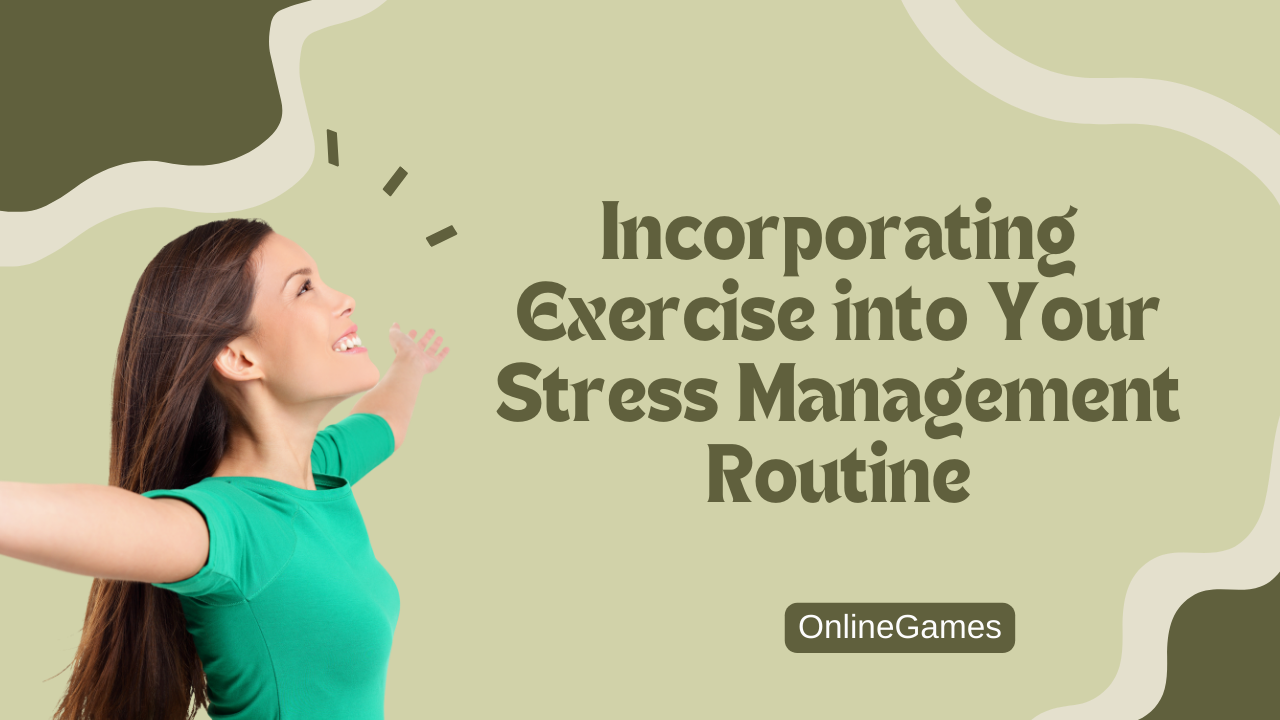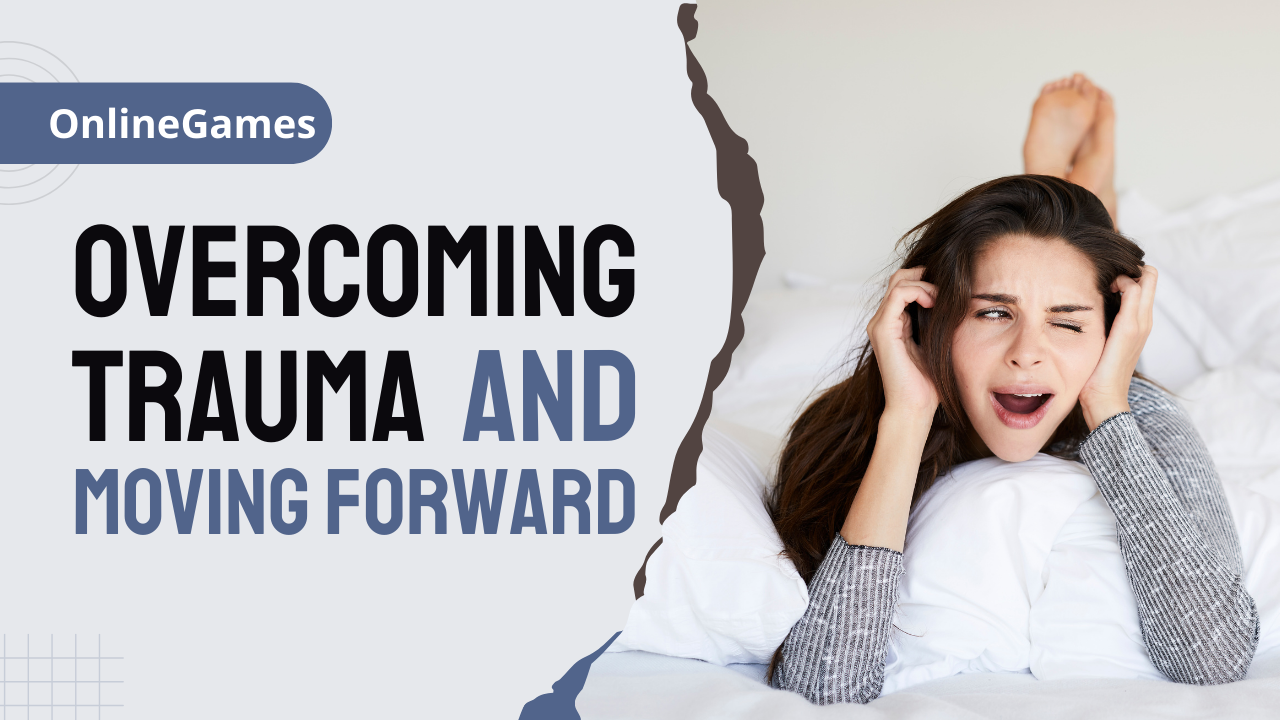In the modern, fast-paced world, the prevalence of stress is a common concern. As individuals strive to balance work, family, and personal obligations, stress often becomes an unwelcome companion. However, one of the most effective ways to combat stress is through incorporating regular exercise into your daily routine. This comprehensive guide explores how exercise can be a powerful tool for managing stress, improving mental health, and enhancing overall well-being.
Understanding the Relationship Between Exercise and Stress
Stress triggers a series of physiological responses in the body, including the release of hormones such as cortisol and adrenaline. While these responses are part of the body’s natural defence mechanism, chronic stress can lead to a myriad of health issues. Exercise serves as a natural antidote to stress by promoting the release of endorphins, the body’s natural mood elevators. Regular physical activity helps to reduce the levels of stress hormones in the body, leading to a more balanced and calm state of mind.
The Science Behind Exercise and Stress Relief
Engaging in physical activity stimulates the production of neurochemicals like endorphins, serotonin, and dopamine. Endorphins are often referred to as “feel-good” hormones because they create a sense of well-being and euphoria. Additionally, exercise increases blood flow to the brain, which can improve mood and cognitive function. Studies have shown that regular exercise can reduce symptoms of anxiety and depression, making it an essential component of an effective stress management routine.
Types of Exercise Beneficial for Stress Management
Not all exercises are created equal when it comes to managing stress. Different types of physical activity can have varying effects on the body and mind. Here, we explore several forms of exercise that are particularly effective in alleviating stress.
1. Aerobic Exercise
Aerobic exercise, such as running, cycling, and swimming, is highly effective in reducing stress. These activities increase heart rate and promote the release of endorphins. Studies have shown that individuals who engage in regular aerobic exercise report lower levels of anxiety and stress compared to those who lead a sedentary lifestyle.
2. Strength Training
Strength training, or resistance training, involves exercises that build muscle and improve strength. This type of exercise can help reduce stress by improving self-esteem and body image. It also promotes the release of endorphins and helps to reduce symptoms of anxiety and depression.
3. Yoga and Pilates
Yoga and Pilates focus on both physical and mental aspects of health. These practices combine physical postures, breathing exercises, and meditation to create a holistic approach to stress management. They are particularly effective in reducing the physiological effects of stress, such as high blood pressure and elevated heart rate.
4. Mindfulness and Meditation Exercises
Mindfulness and meditation exercises, such as Tai Chi and Qi Gong, integrate physical movement with mental focus and relaxation. These practices can help to calm the mind, reduce stress, and improve overall mental clarity and well-being.
Creating a Balanced Exercise Routine for Stress Management
Incorporating a variety of exercises into your routine can provide comprehensive benefits for stress relief. Here are some tips for creating a balanced exercise regimen that addresses both physical and mental well-being.
Set Realistic Goals
Setting realistic and achievable goals is crucial for maintaining motivation and consistency in your exercise routine. Start with small, manageable goals and gradually increase the intensity and duration of your workouts.
Incorporate Different Types of Exercise
To maximize the benefits of exercise for stress management, incorporate a mix of aerobic exercise, strength training, and mindfulness practices. This variety ensures that you address both the physical and mental aspects of stress relief.
Find Activities You Enjoy
Engaging in activities that you enjoy can make exercise feel less like a chore and more like a rewarding experience. Whether it’s dancing, hiking, or playing a sport, finding enjoyable activities can help you stay committed to your exercise routine.
Schedule Regular Exercise Sessions
Consistency is key when it comes to reaping the stress-relieving benefits of exercise. Schedule regular exercise sessions and treat them as non-negotiable appointments with yourself.
Listen to Your Body
Pay attention to how your body responds to different types of exercise. If you feel overly fatigued or experience pain, adjust your routine accordingly. It’s important to find a balance that promotes physical health without causing undue stress or injury.
The Mental Health Benefits of Regular Exercise
In addition to its physical benefits, exercise has profound effects on mental health. Engaging in regular physical activity can lead to improved mood, better sleep, and increased energy levels. Here, we explore some of the key mental health benefits associated with regular exercise.
Reduced Symptoms of Anxiety and Depression
Exercise is an effective treatment for mild to moderate depression and anxiety. Physical activity promotes the release of endorphins and other neurochemicals that help to elevate mood and reduce feelings of anxiety and depression.
Improved Cognitive Function
Regular exercise can improve cognitive function, including memory, attention, and decision-making skills. This is due to increased blood flow to the brain and the growth of new neural connections.
Enhanced Resilience to Stress
Engaging in regular physical activity can help build resilience to stress. Exercise promotes the development of coping skills and provides a healthy outlet for releasing pent-up tension and frustration.
Integrating Exercise into Your Daily Routine
Incorporating exercise into your daily routine doesn’t have to be complicated. Here are some practical tips for making physical activity a regular part of your life.
Start Your Day with Exercise
Beginning your day with exercise can set a positive tone and provide a sense of accomplishment. Whether it’s a morning jog, a yoga session, or a quick workout, starting the day with physical activity can boost your energy and mood for the rest of the day.
Take Active Breaks
Incorporate short, active breaks into your day to help reduce stress and improve focus. Simple activities like stretching, walking, or doing a few push-ups can help break up long periods of sitting and provide a quick energy boost.
Make Use of Available Time
Take advantage of any available time for physical activity, whether it’s during your lunch break while watching TV, or while waiting for an appointment. Even small amounts of exercise can accumulate and contribute to your overall stress management efforts.
Combine Exercise with Social Activities
Engaging in physical activities with friends or family can make exercise more enjoyable and help strengthen social connections. Whether it’s going for a walk, playing a sport, or attending a fitness class, combining exercise with social interaction can enhance its stress-relieving benefits.
Incorporating exercise into your stress management routine is a powerful way to enhance both your physical and mental health. By engaging in regular physical activity, you can reduce stress, improve your mood, and increase your overall well-being. Whether you prefer aerobic exercise, strength training, or mindfulness practices, finding activities that you enjoy and making them a regular part of your routine can help you lead a healthier, more balanced life.










